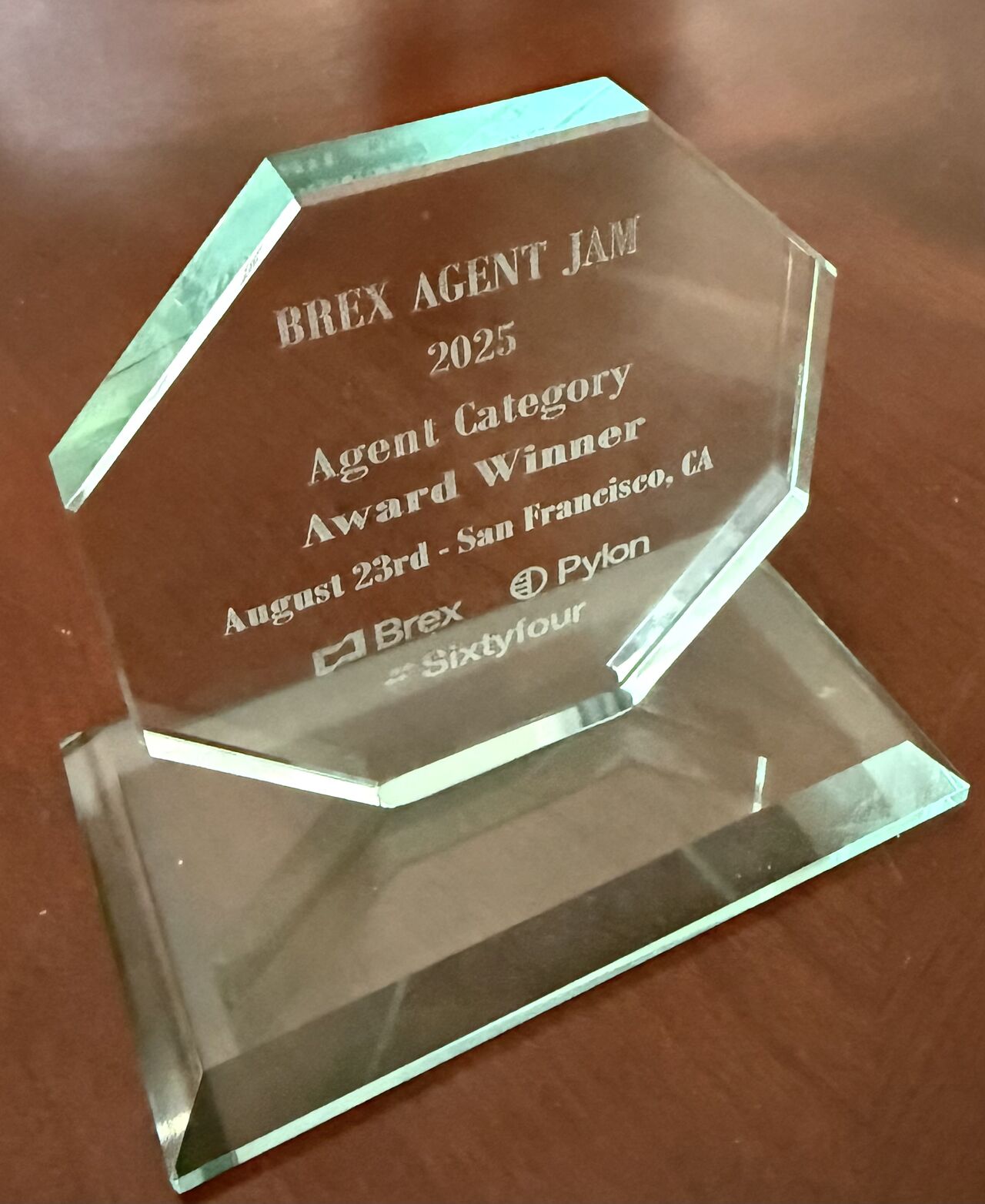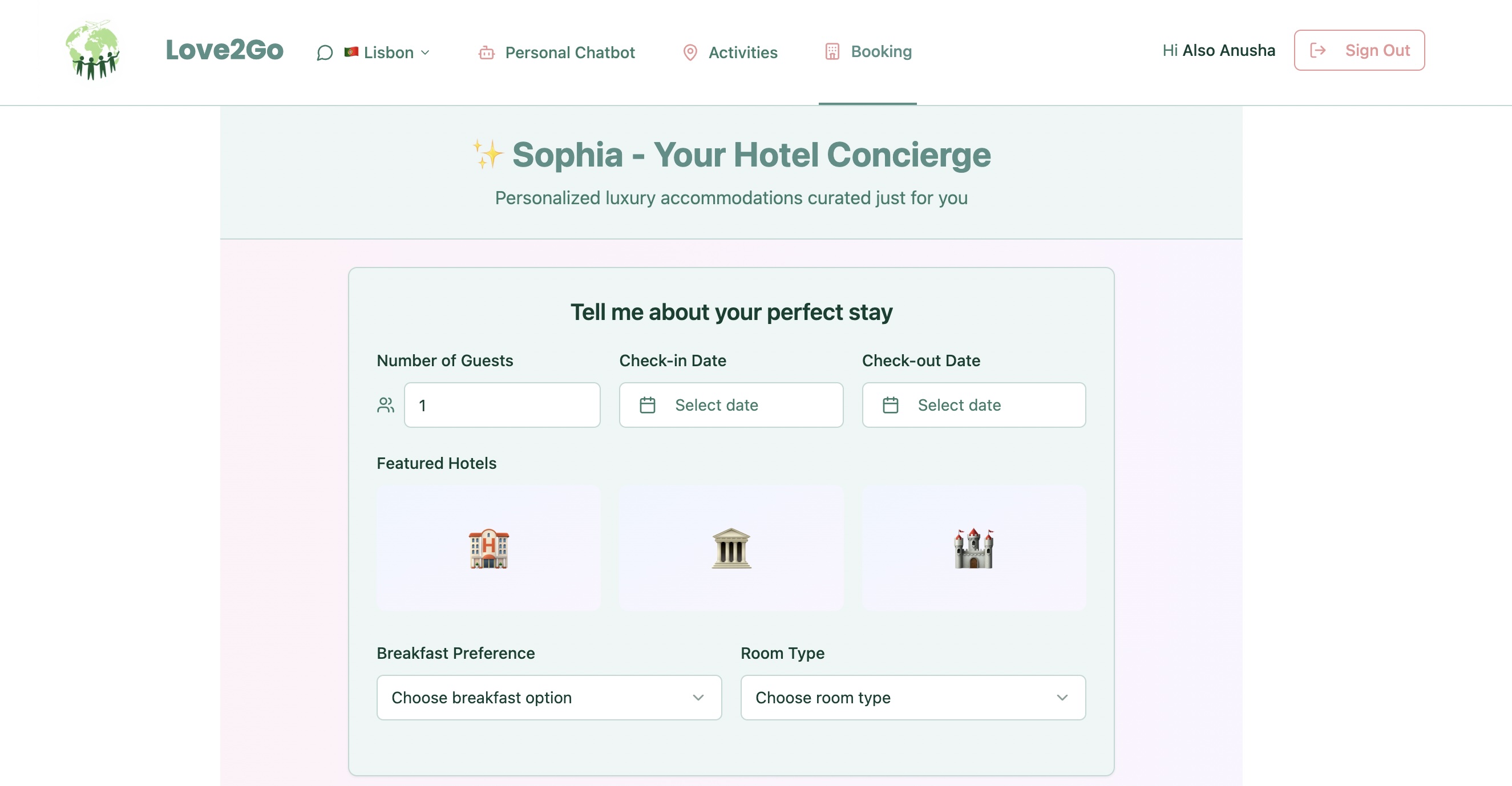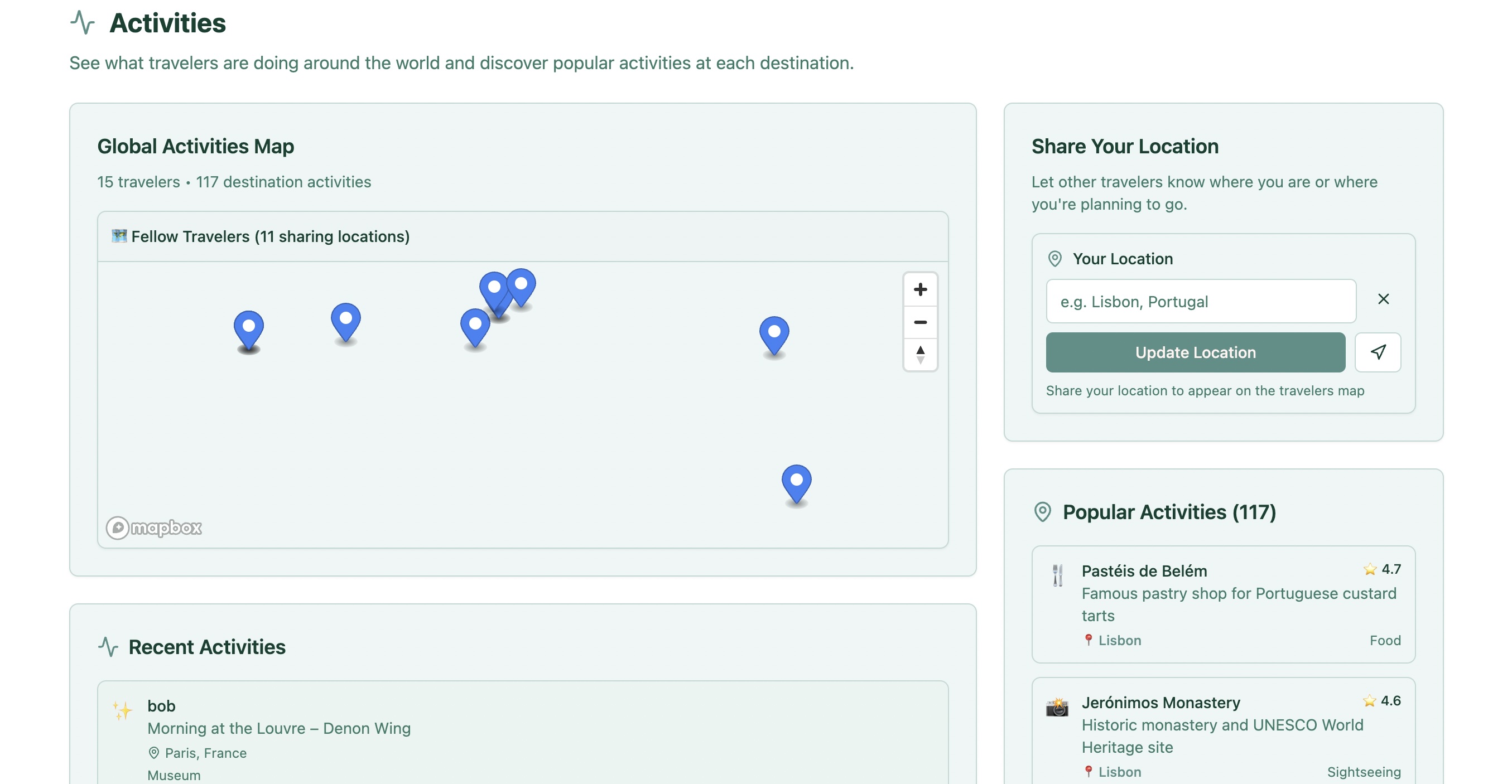
Solo travel has evolved from a niche pursuit into a global phenomenon, fueled largely by Millennials and Gen Z. By 2034, the market is projected to surpass $1.7 trillion. However, many travelers still struggle to find a truly fulfilling experience, due to anxiety, logistical challenges, and significant safety concerns.
Our opportunity was to design an agent-powered solution that not only simplified the travel process but also fostered a secure, supportive community—all within a 10-hour timeframe.
Our solution, "Love2Go," was a winning project at Agent Jam 2025. Leveraging a variety of cutting-edge APIs, our team built a platform designed to transform the solo travel experience. The judges, including a panel of experts from leading tech companies and venture capitalists, recognized our unique combination of AI and community as a breakthrough for the travel industry.
Key solution components, developed at speed, included:
Country and City Group Chats: Users can join dedicated groups to connect with fellow travelers sharing their itinerary, solving the core problem of loneliness.
Personalized AI Chatbot: Our AI assistant acts as a personal concierge, providing instant, travel-related assistance. It can recommend the best local restaurants or off-the-beaten-path activities, cutting down weeks of research to mere minutes.
Robust Security with 64 API Integration: To address safety concerns, we implemented a state-of-the-art verification system that cross-references user data with public professional profiles, such as LinkedIn. This ensures every member is a real person, fostering a secure and trustworthy environment.
Collaborative Experience Discovery: The "Activities" tab allows users to "favorite" their most-loved experiences, creating a crowd-sourced guide of local gems.
The "Love to Go" platform demonstrates how intelligent agent systems can be leveraged to build meaningful, human-centric solutions for real-world problems.


Our victory at Agent Jam 2025 was a testament to the platform's potential. We not only secured a cash prize but also demonstrated how a minimum viable product, built under extreme time constraints, could fundamentally change how solo travelers approach their journeys.